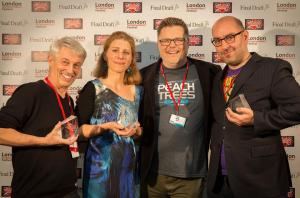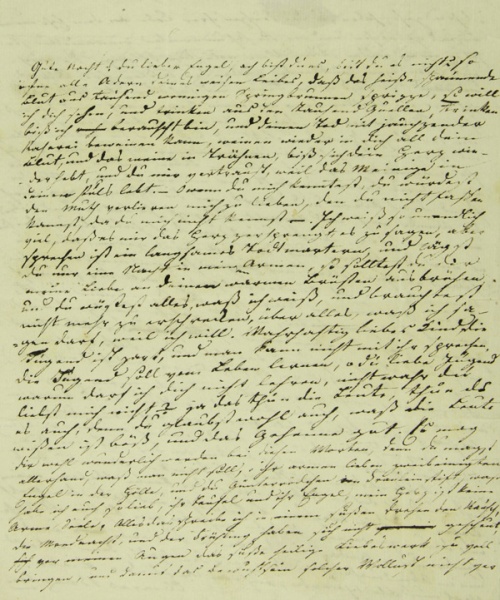When I timidly ventured forth into the world of writing a few years ago, I was immediately and very pleasantly surprised by how welcoming and generous other writers, including established ones, were to share their wisdom and advice.
I am usually too shy to approach people I don’t know. When I attended my first screenwriters festival, the concept of “networking” was completely unknown to me. Within ten minutes of the opening meet’n’drinks I found myself happily chatting away, drifting from one group to the next. I was networking like a pro. What had happened?
The other writers were friendly and welcoming, that’s what had happened. Those who had been around for a while introduced me to others. Those who hadn’t, like me, were happy to have found another newbie. And everybody was happy to talk about their craft.
Duh, you say, obviously a writer loves talking about his or her writing. But my point is about the craft and business of writing, not about the stories. As at the festival, so many people in various online communities and blogs I started following are incredibly generous with advice, tips and links, information, their own experiences. Bang2Write, Go Into The Story, Scriptangel, to name just a few: here’s a competition, there’s a workshop, fifty scripts to download and study, the five to-do’s and don’ts of submitting to an agent, watch out for this kind of clause before signing on the dotted line, that production company is accepting unsolicited queries… Aren’t these people just increasing the chances of their own competition when they tell you about all these things?! So why do they do it?
Sure, one of the cardinal rules of networking is “do to others what you want them to do unto you, and best before they do it”. Be generous, it’ll pay back. But I’m sure that no investment banker will share his business secrets for the sake of good networking. Lots of money involved, you don’t want the competitor to get the deal. But again… film certainly is a big money business, and yet screenwriters (at least all the ones I know) still share. Is it because most of “us” are at the bottom rung of the financial ladder in this industry? Notoriously mistreated and deprived of credits? Underdogs must stick together? Undervaluation of self creeping in as we think, “In this weird and wonderful film biz, we get paid least, so what we do apparently isn’t worth much and then there is no need to guard our trade secrets”? (Bollocks, that one, by the way. We provide the element without which no film would exist.)
Perhaps the shared underdog-ness is one reason. But I like to think that writers are mostly motivated to be generous by their love for storytelling and the desire to enable great stories to be heard and read and seen. The appreciation of the creative process, the knowledge of what it feels like when there’s a story inside you clamouring to be let out.
Can’t wait for the upcoming London Screenwriters Festival and lots of writerly love and generosity.




